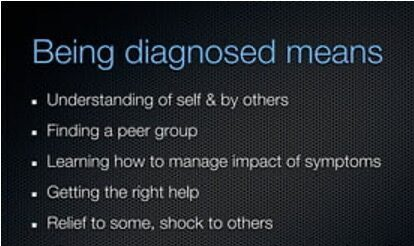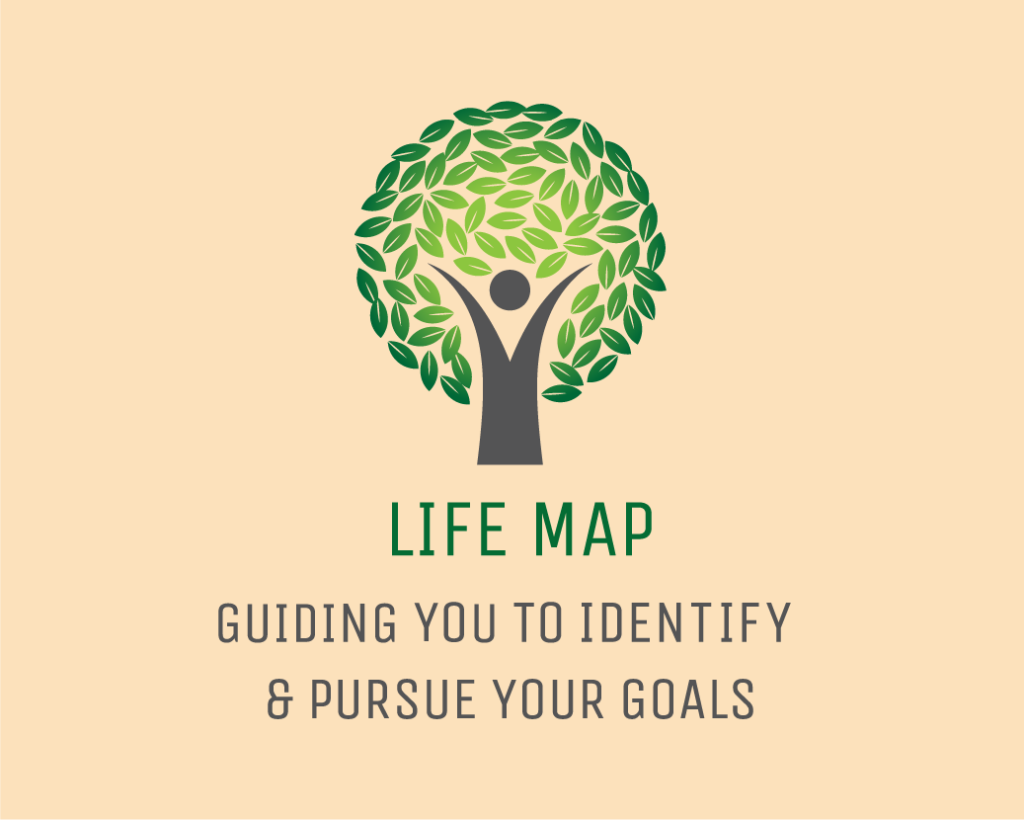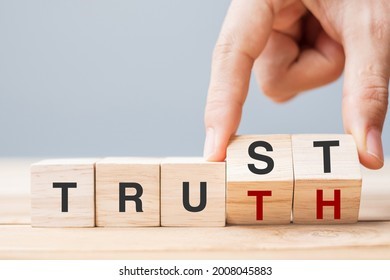“Autistics are the ultimate square pegs, and the problem with pounding a square peg into a round hole is not that the hammering is hard work. It’s that you are destroying the peg.”
— Paul Collins
Our Square Peg Society meeting, February 24, 2023 was on the topic of Neuro Diversity & Trauma, with Dr. Heather Brown. The above quote is from that presentation, and serves as a reminder that sometimes even well-meaning, people and actions can do harm. As we launch our Life Map Life Coaching program, I have been thinking deeply about genuinely meaningful support.
Hopefully we are emerging from the Dark Age of focusing on deficits, and attempting to change autistic behaviours, (and, even worse, the autistic individuals) to conform to neuro-typical “norms”. More often than not these efforts resulted in the autistic person feeling wrong, inadequate, and exhausted from the effort of trying to be other than they are – in short, traumatized by their day-to-day experiences.
What Counts As Trauma
Research indicates that “difference” is perceived within seconds of exposure to the “different” individual, and when the difference is unexplained, it is perceived as negative – the person is thought to be less intelligent, less attractive, less likeable, less trustworthy. Autistic people feel these negative perceptions – these become trauma by a thousand cuts.

Ironically, those who have an “interpretable” difference, ie, a visible disability, are likely to be treated more empathetically, than those with an invisible disability. However, while the individuals with the visible disability may garner more empathy initially, without considerable advocacy on all of our parts, this empathy is unlikely to automatically translate into long-term inclusion.
Every Day Trauma, My Son’s Story
Throughout his childhood, my son was sent to the principal’s office or to the nurse’s station to prevent other students from being disturbed by his stimming behaviours. In his early school years this exclusion resulted in stress, followed by meltdowns, because he was missing out on teaching time, and would have to complete all of his work later, in the evenings, at home. No effort was ever made to explain autism, or his differences to other students, causing him to be socially isolated & bullied. In grade three, his poorly trained, insensitive special education assistant commented to my husband & I that perhaps our son had reached his maximum potential.
Specific Incidence Trauma, My Son’s Story
The following example illustrates the pervasive ignorance and stigma in schools & society, with respect to autism, in the 1990’s & early 2000’s. In grade six, the highlight of the school year was a Quebec exchange, where Quebec students would come to our school, and our students would go to Quebec for a week. I worked on a couple of committees to raise money for this trip. One evening prior to the trip, all the students gathered in the school playground to receive the name & contact info of the family they were to be billeted with. We waited with all the other families, but our son’s name was not called. After all the other families dispersed, we went to the principal who been announcing the names and were told that, of course, our son would not be able to go on this trip. No one had previously discussed this with us, or offered any “solutions”. In the end, after much discussion, it was concluded that my son could only go on this trip if I went too, at my own expense, and if a Quebec family would take in both he & I, as he would not be permitted to be billeted with a family on his own, as the other kids were. My son was well-travelled, tidy & respectful, and has no food sensitivities – in short, there was no reason why he should have been excluded. I bit my tongue, and we went, with me as a parent chaperone.

My son understood perfectly that he was being “othered” – a wound that he carries still. I am a better advocate today, and would now protest this injustice loudly. When parents don’t speak out, it is due to the fear that doing so will deepen the bias against our kids, and worsen the treatment that they receive. Post-public school, our son completed a degree at Simon Fraser University, and is now employed. He rose above his traumatic childhood experiences with much effort, but bears their psychological impact today.
As a parent, with hindsight, there is much that I would do differently today. Through my son’s school years, I encouraged him to try a range of activities, in the hope that if he found a skill or passion that he excelled in, he would be assured a safe place, a niche of success where he would feel valued and connected.
Instead, I now believe that our coaching & “hovering”, were sometimes more of a pile-on of expectations, sending the message that he was “not OK” as he was. I would undo some of this, if I could. For my son, and others like him – finding appropriate, positive support is still hit-or-miss. Through Square Peg Society I speak with many families, and each family has had experiences similar to the ones that I described above, and many of these are occurring still, today.
Doing Better Today
The first step is the education, of ourselves and the broader society. If autism is to be understood as the neurological difference that it is, we, along with our family & friends, must share knowledge and belcome advocates ourselves, if we are to shed the stigma of disability and champion universal human rights.
We must continue to campaign for the right to diagnosis, funded and accessible.
Many people are either not diagnosed, or diagnosed late, often at considerable personal expense, and after many traumatic life experiences. The mental health impact of “carrying on” trying to “fit in” without understanding who you are, is not acknowledged. Many ask themselves – “What’s the point?” -as diagnosis often does not come with financial support.
At a meeting that I attended recently, a question was asked about the usefulness of a diagnosis for “high-functioning” teens & adults – the suggestion was that a diagnosis of autism might cause that person to underperform in life, to not live up to their potential, or that diagnosis could act as an excuse for bad behaviour! Most people I know with autism are working really hard coping with environmental & social conditions that, to them, are over-stimulating, confusing, or both.
Diagnosis should be a right, and a path for those who choose to follow it, to self-awareness & personal growth. Often the bias exists that diagnosis and the accommodations, understanding, & inclusion of individuals that should flow from diagnosis for neurodiverse individuals, might not really be needed, if only those people would just “act neuro-typical”. There is also the notion that providing accommodations somehow takes away from everyone else.
No one lives in a vacuum, and none of us are immune from having to relate & respond to others and to new situations. We vary in our ability to face challenges, and to effectively change things that aren’t working in our lives. Life coaching can help us in this journey. In our Life Map Life Coaching Program, our coaches are Guides, and our participants, Voyagers, in recognition of their journey to an as yet, unknowable future.
Skill Building While Autistic
- Our premise is that many of our Voyagers carry trauma from past experiences, so we must build a coaching environment that feels safe to them – we must be trustworthy.
- The goals that we work on with our Voyagers will be theirs – ones that are meaningful to them at this point along their life path.
- We recognize that our Voyagers come to us with strengths & skills – we need to discover these, perhaps reminding them of their strengths, and use these as springboards to future achievements.
- For each of us to be whole, we need connections to others – our entire world cannot be only our studies or our job. Some people do not need a big social circle, but most of us need a few people who understand & care for us. We will be alert to ways of fostering belonging.










